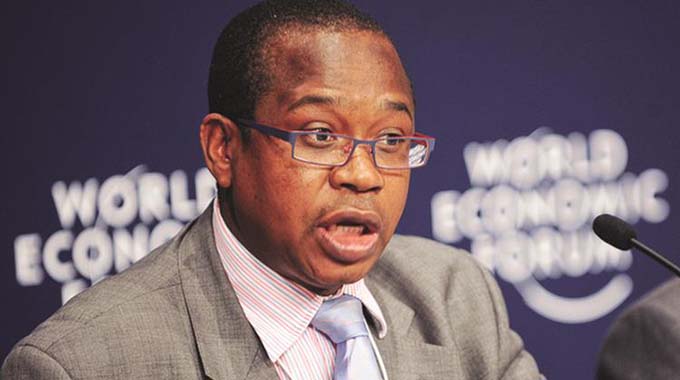Unpacking China’s resource diplomacy

Ranson Mudzamba Correspondent
China’s accelerating economic might and unique political and social synergies have over the past decade been fulfilling a debate on the possibility of a seismic geopolitical shift in the international system.
In the case of Africa, China is exploring its economic foreign policy it refers to as economic diplomacy.
The term economic diplomacy lacks a widely accepted definition. Some nations describe China’s economic diplomacy as a covert form of neo-colonialism.
As such, China’s resource diplomacy to Africa is perceived in different ways and views.
China states that its economic diplomacy is all about engaging in business and claims not to meddle into internal affairs of any nation.
Through its economic diplomacy, China is financing African states.
The financing includes grants, zero-interest loans, debt relief, concessional loans, preferential export credits, market rate export buyers’ credits and commercial loans from Chinese banks.
The million-dollar issue is on whether the Chinese engagement shall yield negative or positive economic results to the African continent in the future?
Western countries have provided conditional help to African nations.
Chinese help has come with less or without conditionality.
China has managed to increase the independence of African policy making and diminish the idea of development cooperation by expanding the sources of FDI and aid available to poor countries.
China, like other emerging donors, is expanding poorer nations’ alternatives in procuring capital.
The idea that China is not propositioning Africa to follow or imitate its development strategy is a reflection of Chinese flexibility on the heterodox nature of economic development from the West donors who have the audacity to prescribe policy to African sovereign states.
China is rather boosting the psychological essentials of a development mind set – the freedom and responsibility of African states in setting priorities in economic policy formulation.
Due to African countries’ sense of dependency on developed nations, developed nations often use a strategic threat of suspending bilateral assistance programmes to force compliance by African States.
Zimbabwe is a good case study. The Americans and the European Union imposed sanctions on Zimbabwe mainly because of the land reform programme.
African nations are looked down upon when it comes to offering meaningful issues for discussion to the table.
African countries often go to the table with an erroneous believe that their best alternative to a negotiated agreement would automatically be worse off than the status quo, even when evidence points to the contrary.
The fact that China is affirming the widespread demand for African commodities suggests that it could be increasing African countries’ strategic resources for negotiations and thus boost Africa’s economic diplomacy.
Africans can now see themselves as coming to the table to negotiate and not to be instructed.
The premium of African resources represents a valuable negotiation resource.
By empowering African economies and national agencies, China is diminishing an apathetic attitude to commercial negotiations by African countries and reduce African countries’ disposition to concede too readily in economic negotiations.
In this way, China’s resource diplomacy can never be regarded as detrimental to future African development.
Former Senegalese President Abdoulaye Wade has this to say pertaining to China-Africa business relation: “. . . the Chinese model for stimulating rapid economic development has much to teach Africa. With direct aid, credit lines and reasonable contracts, China has helped African nations build infrastructure projects in record time – bridges, roads, schools, hospitals, dams, legislative buildings, stadiums and airports.
“In many African nations, including Senegal, improvements in infrastructure have played important roles in stimulating economic growth. . . . It is a telling sign of the post-colonial mindset that some donor organisations in the West dismiss the trade agreements between Chinese banks and African states that produce these vital improvements – as though Africa was naïve enough to just offload its precious natural resources at bargain prices to obtain a commitment for another stadium or state house. . . . I have found that a contract that would take five years to discuss, negotiate and sign with the World Bank, takes three months when we have dealt with Chinese authorities.
“I am a firm believer in good governance and the rule of law.
“But when bureaucracy and senseless red tape impede our ability to act – and when poverty persists while international functionaries drag their feet – African leaders have an obligation to opt for swifter solutions.”
Recently President Mnangagwa was in China and signed developmental deals with the Chinese.
The deals shall see more Zimbabweans being employed and the economy shall be improved for the betterment of the ordinary person in the country.
China is indeed proving to be a better friend to lean on for many African states because of its foreign policies.









Comments